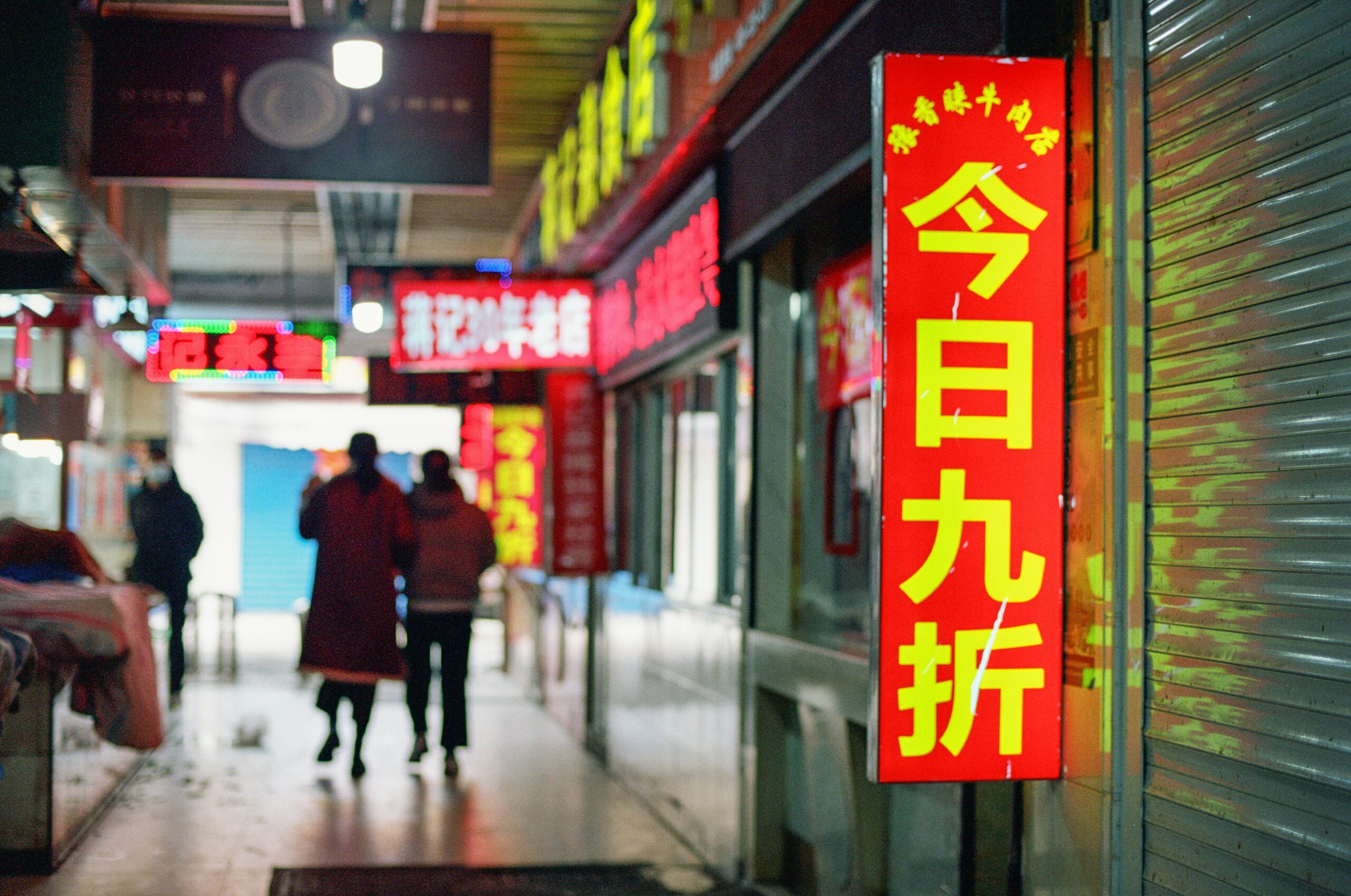Chinese e-commerce companies are stepping up to help the country’s exporters tap the domestic market as the US-China trade war intensifies with both countries levying dizzyingly high tariffs against each other’s imports.
China’s e-commerce heavyweight JD.com announced on Friday it will set up a 200 billion yuan ($27.35 billion) fund to help domestic exporters pivot to local markets, as the conflict is weighing heavily on Chinese manufacturers.
Beijing retaliated against Washington’s latest tariff hikes by raising its own duties on US imports to 125% on Friday.
This escalation followed President Donald Trump’s decision to increase tariffs on Chinese goods to a steep 145%, the highest effective rate to date.
JD.com said it plans to dispatch staff directly to Chinese foreign-trade enterprises to source their high-quality products.
The company will also create a dedicated section on its platform to showcase these goods, promising to funnel traffic and marketing resources to boost their visibility among local consumers.
Alibaba’s Freshippo to have a special zone on its platform for exporters
In a parallel initiative, Alibaba’s supermarket chain Freshippo, known locally as Hema, announced similar measures to support Chinese exporters caught in the crossfire of the trade war.
The retailer said it would establish a specialised zone on its platform exclusively for products from export-focused companies.
Freshippo also pledged to simplify the registration process for these businesses and grant them access to its warehouse infrastructure, aiming to fast-track their entry into the domestic market.
While these programmes may help offset some losses from dwindling overseas demand, analysts caution that exporters will encounter fierce competition in an economy that is losing momentum.
Domestic demand struggles to absorb the excess supply
China’s efforts to redirect its export engine toward domestic consumers are hindered by persistently weak spending at home.
Fresh data released Thursday showed another dip in consumer price inflation, underscoring the challenges Beijing faces in stimulating demand.
“The Chinese domestic market can’t absorb existing supply, much less additional amounts,” warned Derek Scissors, senior fellow at the American Enterprise Institute.
He suggested that Beijing might resort to familiar tactics such as offering concessions to the US, offloading surplus goods to other countries, subsidising struggling firms, or allowing inefficient businesses to collapse.
Further complicating matters, Goldman Sachs on Thursday trimmed its forecast for China’s GDP growth to 4%, citing the twin pressures of global economic headwinds and the deepening trade spat with the United States.
Although exports to the US account for roughly 3% of China’s GDP, Goldman analysts estimate that 10 million to 20 million Chinese jobs are tied to these exports, amplifying the stakes for Beijing.
Beijing seeks to deepen ties with non-US partners to expand the market
China’s Ministry of Commerce confirmed this week that it had convened major business associations to explore measures aimed at boosting domestic consumption.
Meanwhile, policymakers are expected to roll out fresh incentives within days, including expanded subsidies under an existing trade-in scheme for home appliances.
On the international front, Chinese companies are increasingly shifting their focus to other markets.
Textile firms, for example, are moving production to Southeast Asia and beyond.
“This year, we are developing customers in Southeast Asia, Latin America, the Middle East, and Europe to reduce our reliance on the US market,” said Zhao from Green Willow Textile in a CNBC report.
Chinese President Xi Jinping is scheduled to visit Vietnam, Malaysia, and Cambodia next week in a bid to deepen regional economic ties.
Trade with Southeast Asia has surged since 2019, making it China’s largest trading partner, followed by the European Union and the US, according to Chinese customs data.
The post JD.com, Freshippo step up to support struggling Chinese exporters tap domestic market amid US-China tariff war appeared first on Invezz

























